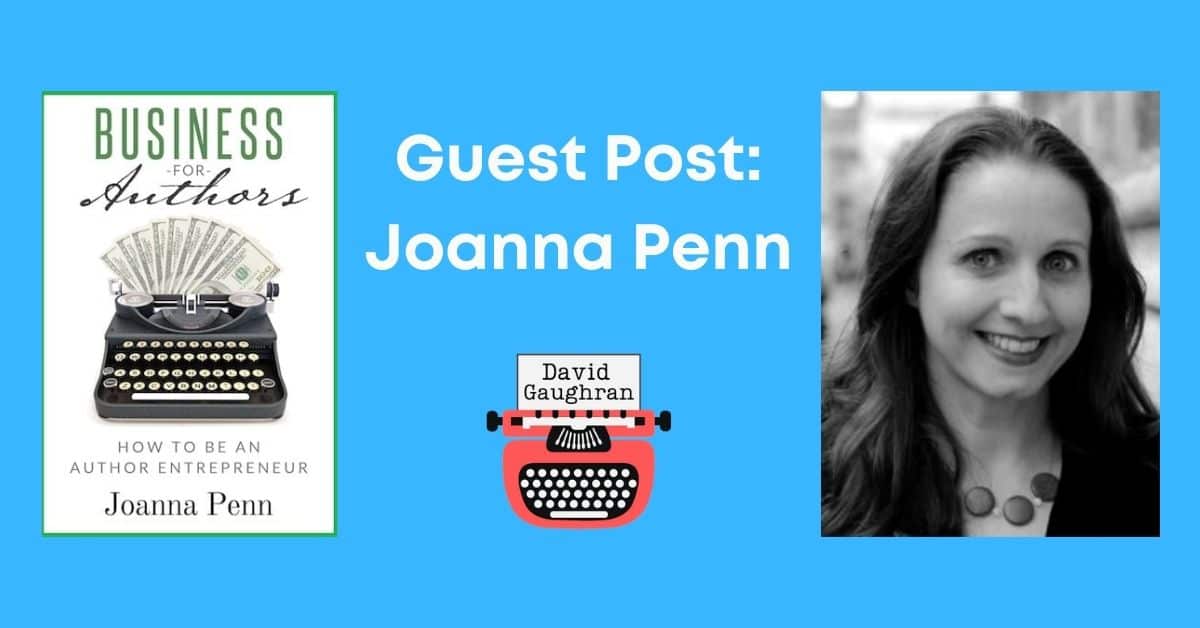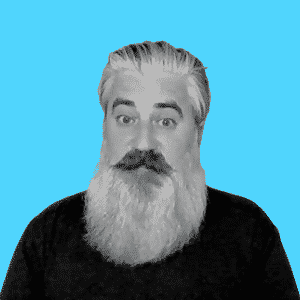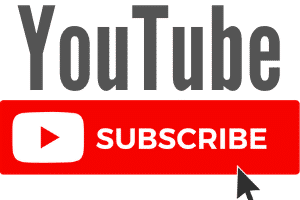Joanna Penn is here today with an important message. The self-publishing blogosphere usually focuses on making money from genre fiction, and tends to advise producing as much quality work as you can as quickly as possible, and then marketing it aggressively.
That’s not bad advice at all, but there are many other types of books, several different kinds of authors, and multiple ways you can approach making a living.
Joanna Penn (writing as JF Penn) has hit the New York Times and USA Today bestseller lists with her fiction, but also has a popular blog and podcast aimed at writers, as well as several non-fiction books.
I invited her along today to talk about her latest – Business For Authors: How To Be An Author Entrepreneur – in which Joanna provides excellent advice on ALL the ways that authors can monetize both their work and their knowledge/skills. And it’s especially useful for those who don’t fit exactly into the “write genre fiction as fast as possible” model.
Before we dive into the Q&A, I should mention that Business for Authors is available in e-book, print, and audio. The above link goes to the e-book on Amazon US, but for links to all other retailers and formats, go to Joanna’s site.
Dave: Why are you so passionate about authors embracing the entrepreneurial side of things?
Joanna Penn: This site is all about empowering authors to choose themselves, to take their words out into the world and reach readers directly. It’s about the truly amazing opportunities that authors have when they take action on their dreams. I’m passionate about that too, and now I want to take it one step further.
At the very basic level, an entrepreneur creates value from ideas, which surely is the definition of an author! But more than that, an entrepreneurial author goes beyond just one book into the realm of running a viable business with their writing. So that means taking one manuscript and exploiting all the rights – having ebooks available worldwide, print on demand so anyone can buy the books anywhere, exploring audio options, considering translations, investigating direct sales, and collaborating with other creatives on new projects like graphic novels, even TV series as HM Ward has recently announced for her Ferro series. It might be deciding to sell some of those rights, working with agents or publishers if the creative project suits that approach, but it’s doing so with a definite business aim in mind.
We create art. We manifest our ideas in the world in glorious creative ways, but to be entrepreneurial is to care about the business side as well as the creation. It’s about being excited to generate something new and original, but also being enthusiastic about how the book will reach customers as well as the financial side.
Entrepreneurs don’t wait for permission.
They act, they experiment, they see what happens and then they pivot if necessary, adapting to the new situation. They are active, not passive, as protagonists are in the best stories. So writing and publishing are only some aspects of this new author life. To be entrepreneurial is to understand the rest of it and make conscious choices as to how you want to run your creative business.
Dave: What are the various business models for authors, and why is it important for authors to choose what’s best for them?
Joanna Penn: I get a lot of emails from people on the subject of ‘comparisonitis’ – comparing oneself, mostly unfavorably, to other authors who are perceived as more successful (however that is defined). This is where articulating your business model can help, because then you’re not comparing yourself to authors who run their businesses in a different way.
Here are the options as I see it, although you can mix and match as you like.
(1) High volume releases. This is the most common indie success story we hear about, where authors will publish books regularly and see fast sales and customer growth, culminating in high incomes. Examples include Bella Andre, Russell Blake, H M Ward and Steve Scott on the non-fiction side. This is not just an indie model of course – Isaac Asimov wrote over 500 books in his lifetime, RL Stine writes several books a month and Nora Roberts/JD Robb writes a book every 45 days in the traditional publishing space.
(2) Non-fiction books with products/consulting/speaking. This is the “book as business card” approach that many professional speakers, consultants and entrepreneurs use to drive people back to their website in order to purchase higher priced products. The book is never really considered a money-maker, it’s more about lead generation. Big name examples include US self-help guru Tony Robbins, but also include someone like Robert McKee, whose book Story, is famous in the screenwriting community, but whose online courses and live events earn him far more money. This model often includes other income streams like affiliate income, advertising, sponsorship and services.
(3) Sporadic books with teaching/ speaking/ freelance writing/ performance/ day job. This is the model of many literary writers, who put out books more slowly and earn money from freelance writing and teaching. It’s also the model of poets, or authors who don’t write in super popular genres.
Different business models will suit different temperaments, and your definition of success may be focused towards literary prizes, or changing people’s lives through events, rather than a volume or dollar figure from book income. There are no rules and there is no hierarchy. This is your creative life. You get to pick how you want to run it.
My own business model is a combination of all three at the moment, and although I am aiming to increase the volume of fiction I write, I also value my non-fiction audience and my professional speaking career in my definition of success. What about you?
Dave: Business for Authors has a large section on strategy and planning, as well as the long term perspective. Why is that so important for authors?
Joanna Penn: Let’s face it, writing books is not a get-rich-quick scheme. It is a labor of love and also a way of living and earning money until the day you die, and since copyright extends 50-70 years after the death of the author, your heirs can continue to earn from your estate.
You don’t write a book for next week’s sales spike; and there’s no point in jeopardising your long-term business over something ephemeral. The author-entrepreneur takes the long-term view, plans accordingly, and thinks ahead. For example, this is why I think relationships with other authors are so important. Some people consider social media a waste of time, but if you have a long term perspective, you know it’s not about this one tweet, or a single blog post, or this one podcast interview. It’s about building social karma over time, about generosity that comes back to you in unexpected ways, about making friends and supporting each other on the journey. None of that is possible with short term thinking.
Strategy is also something I’ve learned a lot about as I wrote this book. It’s as much about what you DON’T do, as what you do. As indies, we only have a certain amount of capacity. We have to make decisions about what we will spend our precious time on. Like many authors, I have a list of book ideas that I add to almost every day. I will never have the time to write everything I want to write. I have to choose, and having a strategy helps me. Here are some questions to consider in your strategy:
- What do I want to be known as in 5 years time? When people say my author name, what images, words and emotions will be evoked?
- Should I focus my books into one particular genre or sub-genre and try to dominate that? Or should I spread my bets and write across multiple genres and see what sticks?
- Should I write in a series and try to attract readers who want to binge read multiple books? Or should I write stand-alone books that will enable me to explore my creativity?
- Should I focus on one platform, utilising the tools available to develop a readership in one place, but risking one company owning all my sales? Or should I go wide, finding pockets of readers who wouldn’t know me otherwise, and spreading my income across multiple retailers?
- Should I use my marketing time to network with other authors and look for collaborative possibilities? Or reach readers by discussing books on Facebook or Goodreads? Should I create a blog, or should I use video or audio to expand my reach?
None of these choices are inherently right or wrong, and each person chooses by book, by author name, by situation. But it’s easy to get swayed by the winds of opinion if you don’t pick your strategy and write down why you do what you do.
So choose, stick with it, re-evaluate a few times a year, and give it time. As an indie, you are the captain of your ship. You are empowered to make these choices. We definitely live in exciting times!
About Joanna Penn
Business for Authors: How to be an Author Entrepreneur is out now in ebook, print and audio. Joanna Penn is an author, speaker and entrepreneur, voted as one of the Guardian UK Top 100 creative professionals 2013.
Joanna Penn’s website, TheCreativePenn.com is regularly named one of the top sites for authors and self-publishers. Writing as JF Penn, Joanna is also a New York Times and USA Today bestselling thriller author. Connect on Twitter here.


